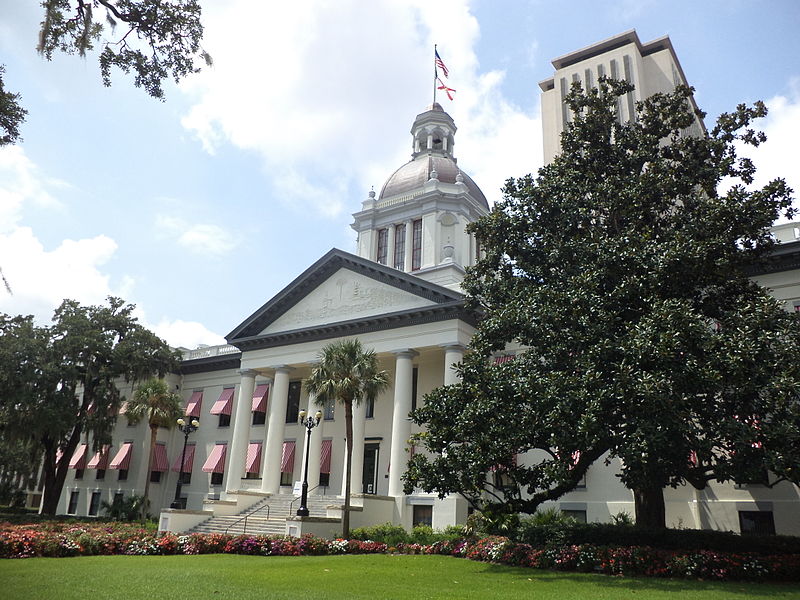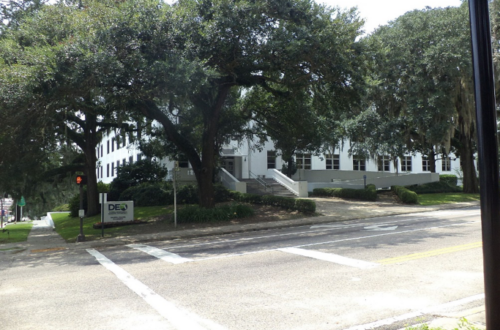The Florida Senate passed a resolution on Friday to abolish the Constitutional Revision Committee (CRC). This is a 37-member committee that meets every 20 years to suggest revisions to the Florida Constitution, which are then placed on the ballot for Florida voters.
The committee has received controversy for its choice to bundle suggested amendments voters in 2018, such as grouping bans of both vaping and oil drilling in the same amendment. As a result, some state representatives have called for its removal, due to the committee having limited accountability to the people of Florida.
The Orlando Sentinel reported on a statement from Sen. Jeff Brandes, R-St. Petersburg, sponsor of the resolution (SJR 362.) “I have grave concerns about the overall [CRC] process,” Brandes said. “I think the process we have of citizens’ petitions and moving dry resolutions through the Legislature is sufficient and provides ample access to the citizens of the state of Florida.”
Other representatives believe that this move is more of an “over-reaction”, such as Sen. Tom Lee, R-Thonotosassa. They believe that the issue with the revision committee lies solely in its ability to bundle amendments. A resolution to force single-issue amendments for the committee was already approved unanimously by the Senate and will be on the ballots in November 2020. Sen. Lee proposed to instead restrict the role of the commission to only amending government structure, rather than policy.
Lee’s proposal is significant, as many supporters of the CRC’s abolishment believe that the commission is focusing on heavily on the policy side. The CRC in 2018 created amendments that, compared to past sessions, were concerned more with policy than with government structure.
The Constitutional Revision Committee was created in 1968 through a ratification by Florida voters. It was created in order to update the Florida Constitution and government structure over time. It then proceeded to meet in 1977-1978 and every 20 years after.
Since then, it has seen changes to increase its accountability with the people in Florida. For example, in 2006, proposal ratification was changed from passing with a simple majority vote (more than 50%) to requiring a 60% percent majority to pass. Furthermore, the 2017-2018 CRC received a historic amount of public input due to the CRC conducting 15 public hearings across the state.
Senate Bill SJR 362 was already approved by the Judiciary, Government Oversight and Accountability, and Rules committees when it was taken up last week.
The state’s historic and present Capitol building in Tallahassee. (Unmodified Creative Commons photo by bit.ly/1p2b8KeMiguel)





